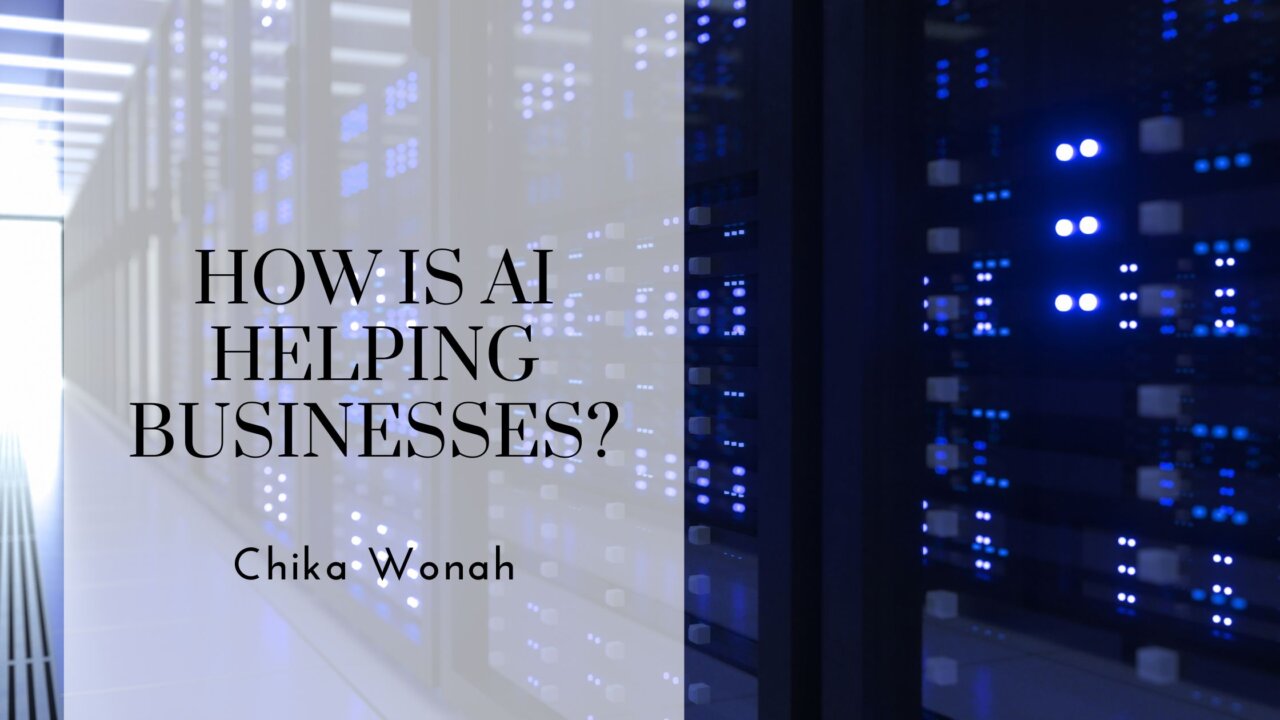Artificial Intelligence (AI) has seamlessly integrated into the fabric of our daily lives and, notably, the business realm. Companies across industries are capitalizing on AI to redefine operational efficiency, improve customer experiences, and make data-driven decisions.
Historically, businesses thrived on human intuition and manual processes. However, the digital revolution, coupled with an explosion of data, has made it imperative for companies to leverage technology, especially AI, to stay relevant. Originating from the idea of creating machines capable of mimicking cognitive functions, AI has transitioned from rudimentary algorithms to sophisticated neural networks that can analyze vast datasets, recognize patterns, and even learn from experiences. As costs of implementation decrease and technology becomes more accessible, businesses, from startups to Fortune 500s, are adopting AI to harness its transformative potential.
Enhancing Customer Experience
At the forefront of AI’s impact on businesses is the profound enhancement of customer experience. Chatbots, powered by AI, are now standard on websites, providing instant responses to customer queries round-the-clock. They’re adept at handling routine inquiries, freeing human agents to address more complex issues. AI-driven recommendation systems, like those used by Amazon and Netflix, analyze user behavior to suggest products or content, leading to more personalized experiences and increased sales. Furthermore, voice-activated assistants like Siri and Alexa use AI to understand better and anticipate user needs, creating a seamless and intuitive user experience. This level of personalization, enabled by AI, helps businesses stand out in an overcrowded market.
Optimizing Operations and Costs
AI is a game-changer for operational efficiency. Using AI algorithms, predictive maintenance can forecast when equipment will fail, enabling timely interventions and reducing downtime. In supply chain management, AI analyzes patterns to optimize stock levels, reducing carrying costs and preventing stockouts. Like Ocado, automated warehouses utilize AI-driven robots to pick and pack groceries with unparalleled speed and accuracy. In human resources, AI tools sift through resumes, matching job requirements with applicant profiles speeding up recruitment. Automating these tasks enhances efficiency and represents significant cost savings, allowing businesses to reallocate resources to innovation and growth.
Data-Driven Decision Making
Data is the new oil, but it’s useless without refinement. AI plays a pivotal role in transforming raw data into actionable insights. Advanced algorithms analyze vast datasets, uncovering patterns and trends that might be imperceptible to humans. For instance, financial institutions employ AI to detect real-time fraudulent transactions, saving millions. Marketing teams utilize AI to segment their audiences, tailoring campaigns for optimal engagement and conversion. Beyond this, AI-powered forecasting tools aid businesses in anticipating market shifts, enabling them to adapt proactively. By equipping decision-makers with precise insights, AI ensures that business strategies are not based on hunches but on solid, empirical evidence.
Artificial Intelligence is undeniably revolutionizing the business landscape. Its capabilities extend beyond mere automation, offering tools to understand customers better, streamline operations, and make informed decisions. As we stand at the crossroads of an AI-driven era, businesses that proactively integrate these technologies will undoubtedly position themselves at the vanguard of their industries.
